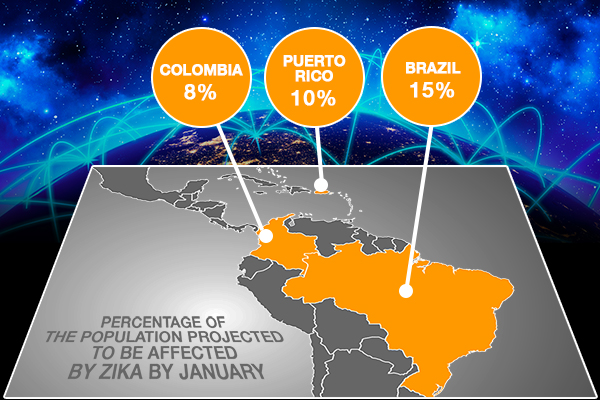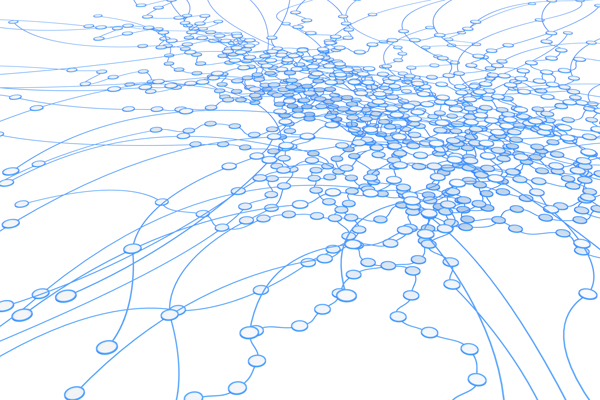The Network Science PhD program is a pioneering interdisciplinary program that provides the tools and concepts aimed at understanding the structure and dynamics of networks arising from the interplay of human behavior, socio-technical infrastructures, information diffusion and biological agents.
In The News
The PhD in Network Science is a pioneering interdisciplinary program that provides the tools and concepts aimed at understanding the structure and dynamics of networks. Network Science research covers a broad range of topics, including: Control of Networks, Biological Networks, Spreading and Influence, Group-Decision Making, Social and Political Networks, Data and Graph Mining, and Network Geometry.
Northeastern University is a world leader in Network Science, and faculty affiliated with the program includes prominent leaders in the field such as Albert-László Barabási, Alessandro Vespignani, Tina Eliasi-Rad, and David Lazer. Graduates will be well-prepared to enter into a number of career paths, including industry research positions, government analyst positions, and post-doctoral or junior faculty positions in academic institutions. Students have the opportunity to work with some of the most prominent network scientists in the world. With frequent guest lecturers and workshop series, students have access to diverse scientists and global leaders in the field.
- Northeastern has several leading laboratories and centers in Network Science, with dozens of faculty, postdoctoral fellows, visiting faculty, and doctoral students
- Ph.D. students complete two research rotations with network science faculty
- Admitted PhD students receive full tuition scholarship and are supported with stipends or fellowships for the entire duration of their program
- Ph.D. students must complete and defend a dissertation that involves original research in Network Science
INTERDISCIPLINARY RESEARCH
In-depth training in disciplines and programs essential to interdisciplinary research. Current concentrations are focused on the physical sciences (physics); social sciences (political science); health science (epidemiology); and computer and information sciences.
FOUNDATIONAL TRAINING
Common, foundational training in all aspects of Network Science (e.g., approaches, languages, problems) beginning in the first year of graduate training to build an inherently interdisciplinary science and the next generation of researchers.
IDEAS + TECHNIQUES
Learning to combine theoretical/ substantive questions with the appropriate tools and techniques for data collection and analyses. A key element will be combining ideas, techniques, and collaborations into the novel interdisciplinary approaches that are paramount to Network Science.
Network Science is establishing itself as major interdisciplinary research area with applications in data science and data analytics methodologies. Network scientists are employed in academia, government, and business. Applied network scientists work at Internet and social media companies.
Application Materials
- Online application
- Application fee
- Unofficial transcripts for all institutions attended
(Official transcripts required upon acceptance of admission offer) - Personal statement
- Three letters of recommendation
- GRE General – recommended, but not required
- Proof of English Proficiency for all applicants (from one of the following):
- Degree earned or in progress at an U.S. institution
- Degree earned or in progress at an institution where English is the only medium of instruction
- Official exam scores from either the TOEFL iBT, IELTS, or PTE exam
- Applicants seeking enrollment prior to the Fall 2023 term should apply through this link.
Application
Deadline for completed applications: December 1st
Applicants seeking enrollment prior to the Fall 2023 term should apply at the link under application materials below.
Apply Now Request Info


